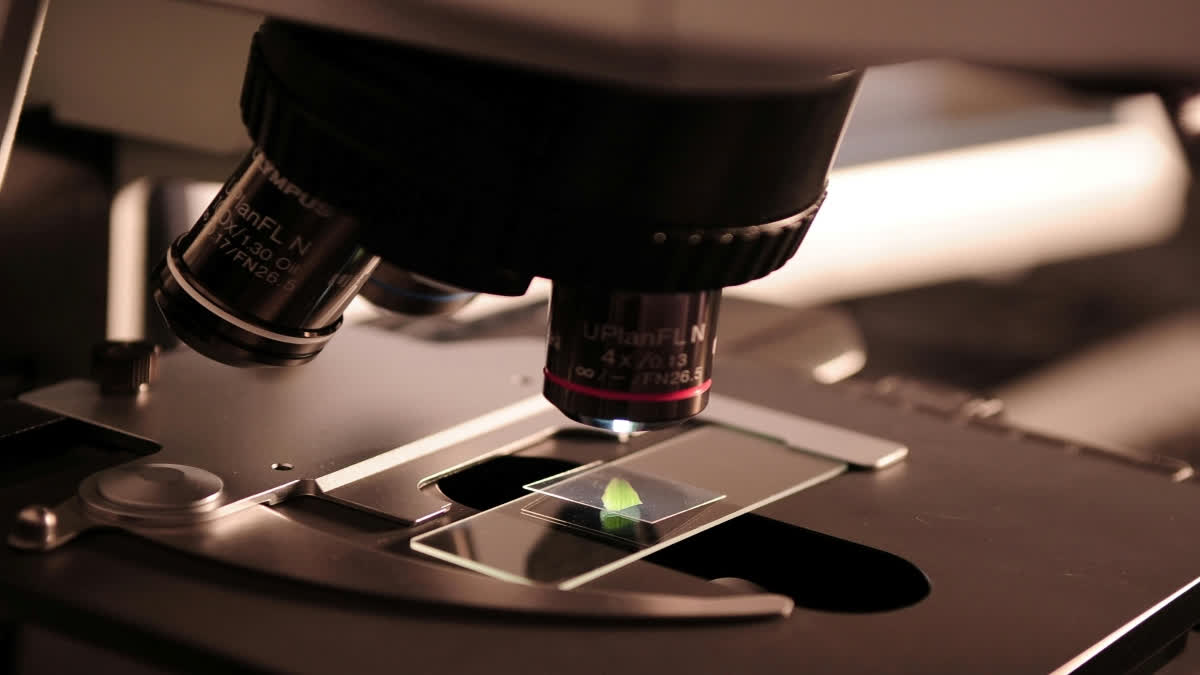International Day of Science, Technology, and Innovation for the South:Science and technology are the most important tools for addressing global issues, including healthcare, agriculture, education, and climate change. By fostering innovation and building scientific capacities in developing nations, the International Day of Science, Technology, and Innovation for the South aims to bridge the gap between developed and developing countries, encouraging collaboration and knowledge sharing across borders.
The proclamation of September 16 as the International Day of Science, Technology and Innovation for the South today represents an important step for developing nations and the premise of leaving no one behind.
Background:During the Summit on Science, Technology, and Innovation, held in Havana on September 15 and 16, 2023, the leaders of the G77 and China agreed to designate September 16 as the International Day of Science, Technology, and Innovation for the South.
The summit’s Havana Declaration on Current Development Challenges:The Role of Science, Technology, and Innovation highlights the essential role of STI in tackling development challenges by fostering better cooperation, fair access to technology, and the responsible use of scientific innovations.
On January 9, 2024, the United Nations General Assembly adopted resolution A/RES/78/259, officially proclaiming September 16 as the International Day of Science, Technology, and Innovation for the South. The resolution underscores the importance of leveraging scientific and technological achievements for sustainable development, aligning with the 2030 Agenda, the Addis Ababa Action Agenda, and the SDGs.
Shaping a Brighter Future for the Global South:Today, Science, Technology, and Innovation are increasingly important in all spheres of human life. As science and technology rapidly advance, some developing nations are seizing the opportunity to leapfrog stages of development. Yet, for many others, this swiftly changing landscape presents significant challenges, particularly in the Global South, where governance issues and the struggle to effectively innovate and adapt are prominent. Compounding these challenges is a persistent gap in technology access between industrialised and developing countries, largely due to differences in technological capabilities and insufficient governance frameworks for widespread technology dissemination.
These areas are only accessible to the Global South through the democratisation of knowledge, the development of their research capabilities, access to financing and the transfer of technologies that accelerate the fulfilment of the Sustainable Development Goals (SDGs)
This September 16, the first commemoration of the International Day will be timely to present initiatives and cooperation projects that strengthen these aspects.
How Technology Changed Our Lives:Every aspect of our lives, from how we communicate and travel, to how we receive healthcare and education, has been transformed by advancements in these fields. Science helps us comprehend the world around us, solving the universe's mysteries and finding answers to complex problems. Technology, on the other hand, allows us to utilize this scientific knowledge in practical ways, enhancing our efficiency, productivity, and quality of life. Science has always been built on innovation because it is all about discovery.
Science, Technology and Innovation (STI) for SDGs Roadmaps in India:Science, Technology and Innovation (STI) are the key drivers for economic growth and human development. For India to march ahead on a sustainable development pathway to include economic development, social inclusion and environmental sustainability for achieving an “Atmanirbhar Bharat'', a greater emphasis will be given to promoting a traditional knowledge system, developing indigenous technologies and encouraging grassroots innovation. The emergence of disruptive and impactful technologies poses new challenges and simultaneously greater opportunities.
